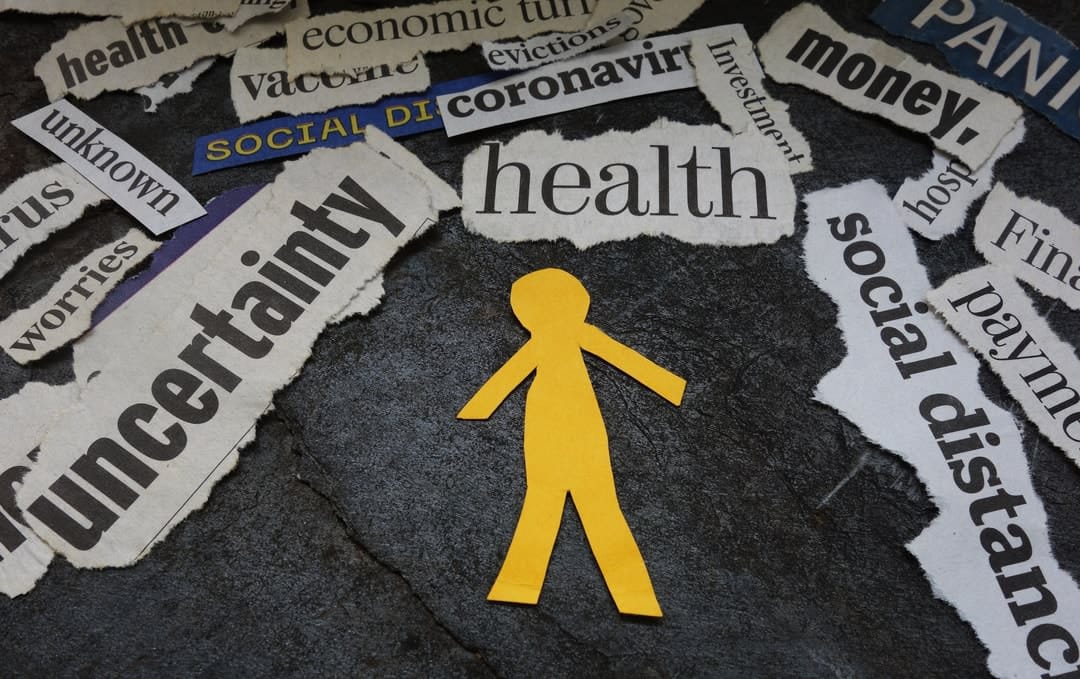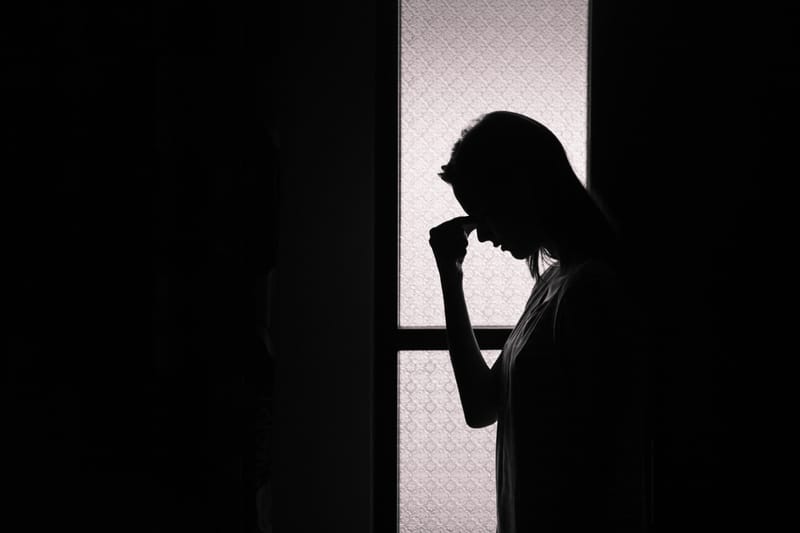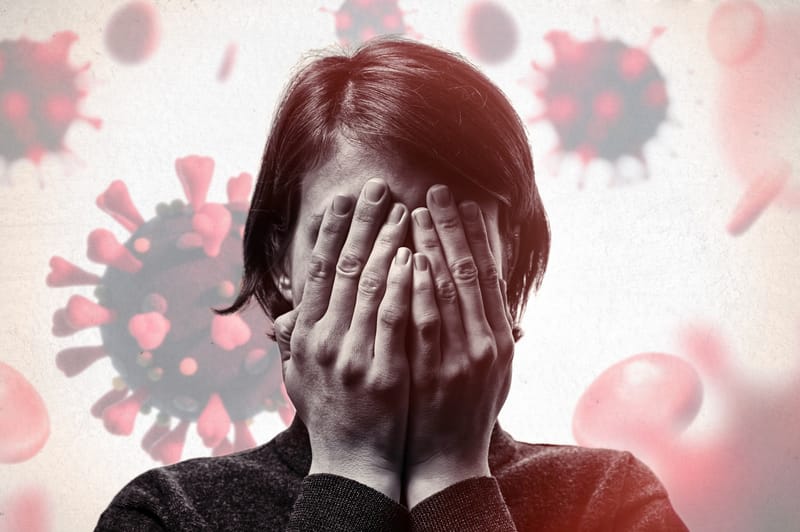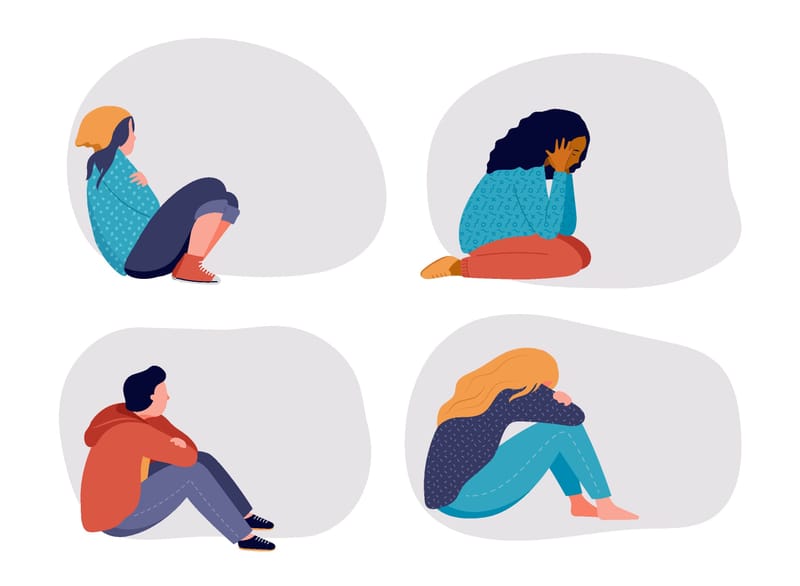
At the height of the COVID-19 restrictions, clinically significant depression and anxiety symptoms were at least two to three times higher than would normally be observed in the community. These and other findings were revealed by the largest nationwide survey of mental health during April and early May 2020, when the strictest lockdown measures were first in place.
The research was undertaken by Professor Jane Fisher and her colleagues in the School of Public Health and Preventive Medicine. The survey yielded 14,000 responses from people aged 18 to 90 living in all Australian states and territories. An abbreviated version of the findings has been published as a pre-print in the Medical Journal of Australia.
Professor Fisher says the research was the first to calculate the community-wide impact of the COVID-19 restrictions, and highlighted the “extent and severity of mental health problems being experienced nationwide”.
At a population level, everyone will benefit if politicians and civic leaders can communicate their appreciation of what people have contributed to the common good by adhering to restrictions.
Most of the population was affected, with more than one in four respondents experiencing mild symptoms of depression and anxiety. Rates of moderate to severe symptoms were more than double pre-COVID-19 rates. More than one in 10 respondents reported recent thoughts that they would be better off dead.
“We were shocked by the high rates of both mild and serious distress being reported across Australia during the first month of restrictions,” Professor Fisher says.

The people most affected were those who had lost their jobs, lived in poorly resourced areas, lived alone, and were providing care to dependent family members. These people tended to be women, young, and members of marginalised groups.
The research provides important evidence about the most affected groups, which, according to Professor Fisher, will make a crucial contribution to the national recovery.
A balancing act
Professor Fisher, who contributed to the mental health aspect of the Group of Eight’s (Go8) Roadmap to Recovery report, says she's aware that governments and public health experts have been endeavouring to balance necessary actions to suppress COVID-19 with the need to work towards a post-COVID future.
“A public health approach has been essential in trying to contain COVID-19 and a public mental health approach is needed for recovery,” Professor Fisher says.
According to Professor Fisher, an approach that includes strategies for the whole population, and specific strategies for more vulnerable groups, would be an appropriate way forward.
She says that, at a population level, everyone will benefit if politicians and civic leaders can communicate their appreciation of what people have contributed to the common good by adhering to restrictions. Specific interventions will be helpful to the most affected groups if they're focused on assisting them to find work, and participate socially and economically.
“Building the capacity of workers in community services and employment agencies to provide skilled assistance that is psychologically informed and empathic, through a process called task shifting, will be beneficial,” says Professor Fisher.
Read more: COVID-19 and the tolerance of uncertainty: Teaching our frontline healthcare workers how to cope
In addition, she suggests, explicit enquiry by GPs about mental health would help people from the especially vulnerable groups identified in the research – those who have lost jobs, live alone, live in poorly resourced areas, or are caring for dependent family members should be given additional assistance.
Overall, Professor Fisher believes in the underlying resilience of humans, and points to the research finding that 80 per cent of respondents feel optimistic about the future.
“We do have a remarkable ability to live through difficult times, confident that these will eventually pass, but we all benefit from public policies and actions to help us recover,” she says.
Professor Fisher’s team is now conducting a second survey to see how people in Australia are feeling, and to seek their suggestions about what the government could do to assist recovery. (You can take the survey here.)
This and other research will help to inform the newly-established Monash University consortium The Melbourne Experiment about the ramifications of COVID-19 management.
The first survey was enabled by a generous philanthropic donation from Professor John McBain and Dr Penny Foster, and by the Finkel Family Foundation, which supports Professor Fisher, who is the Finkel Professor of Global Health.
The good and the bad
Participants were asked to nominate three bad things and three good things about the COVID-19 restrictions.
Team member Dr Maggie Kirkman said these free-text responses “let us see in more detail some of the ways in which people experienced the changes to their lives”.
Common "bad things" included:
- feeling defeated and humiliated by job loss or unemployment
- missing out on significant events such as weddings, funerals, milestone birthday celebrations, holidays, and even fertility treatment
- feeling overwhelmed by additional responsibilities such as working from home and managing distance schooling.
“We do have a remarkable ability to live through difficult times, confident that these will eventually pass."
These losses can cause grief that may not be recognised by the individual or other people; it's known as disenfranchised grief. Unlike grief from, say, the death of a relative, causes of disenfranchised grief might not be acknowledged or discussed when many people are dying from COVID-19 around the world.
Read more: Recognising disenfranchised grief amid COVID-19
People did, however, report "good things" arising from the restrictions.
Some experienced their community as more caring and compassionate. Not having to commute was welcomed, and there was a sense that the environment benefited from the reduced road and air travel.
Many people also enjoyed spending more time with their partners and children, and having the opportunity to cook, garden, and undertake long-postponed tasks. There was a sense that people were doing their best to find some benefits within the restrictions.





